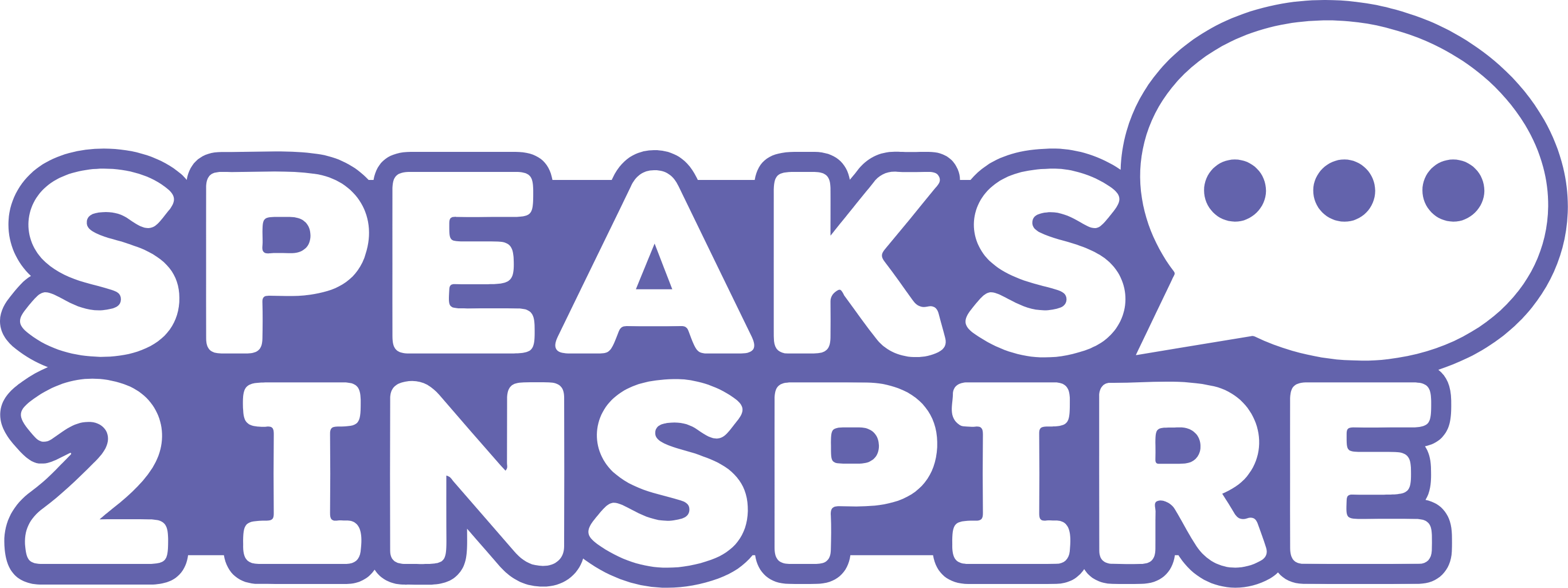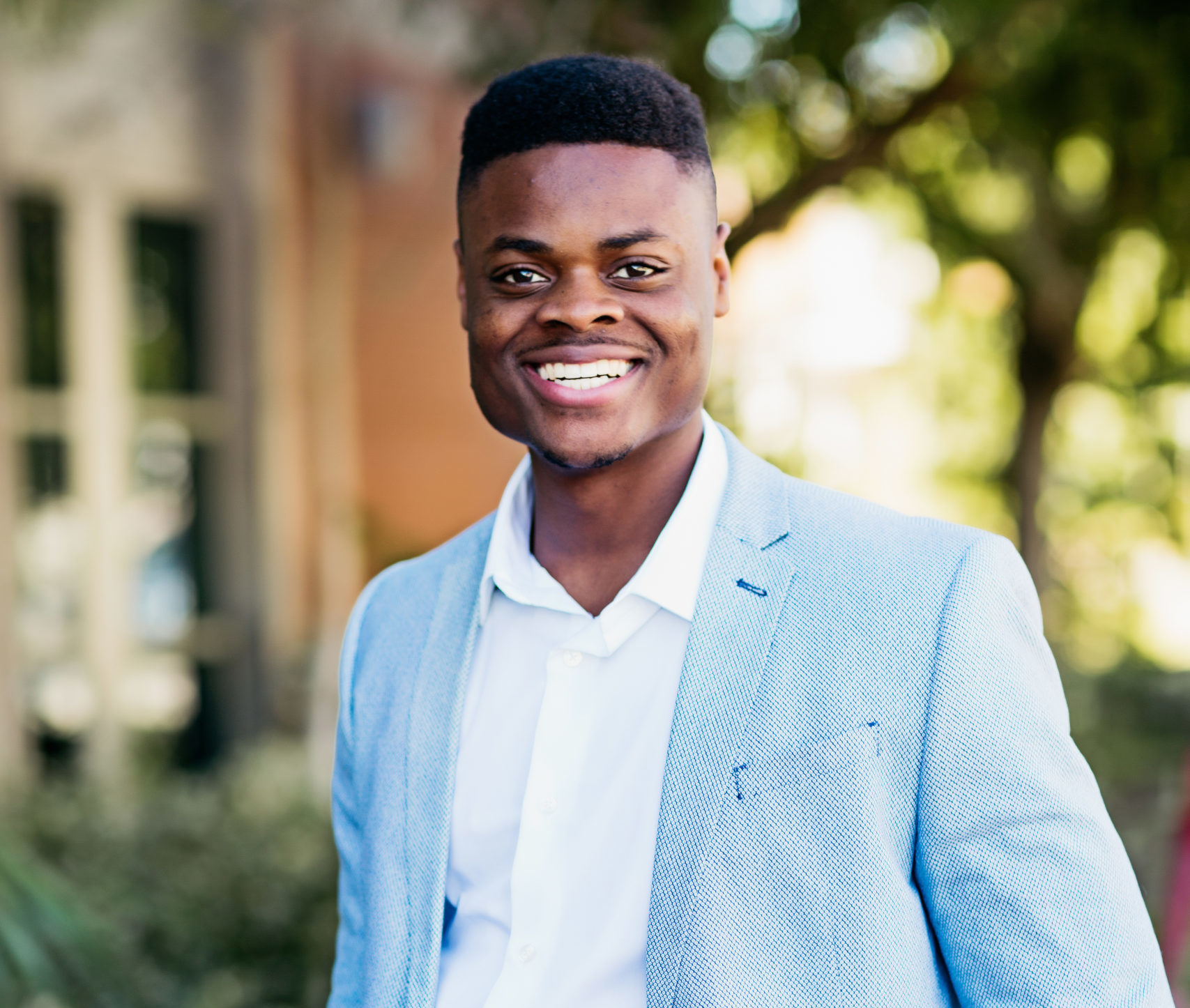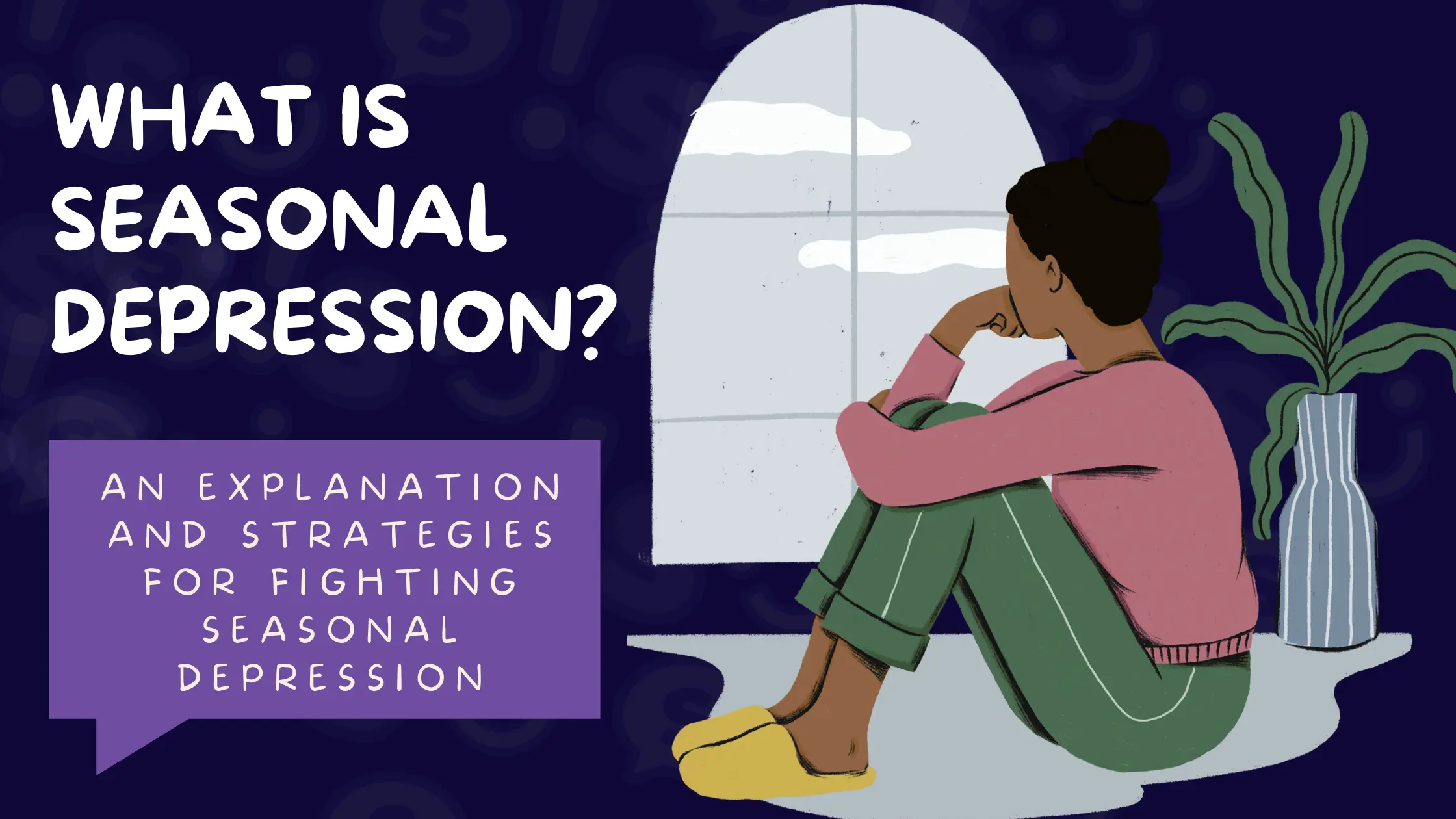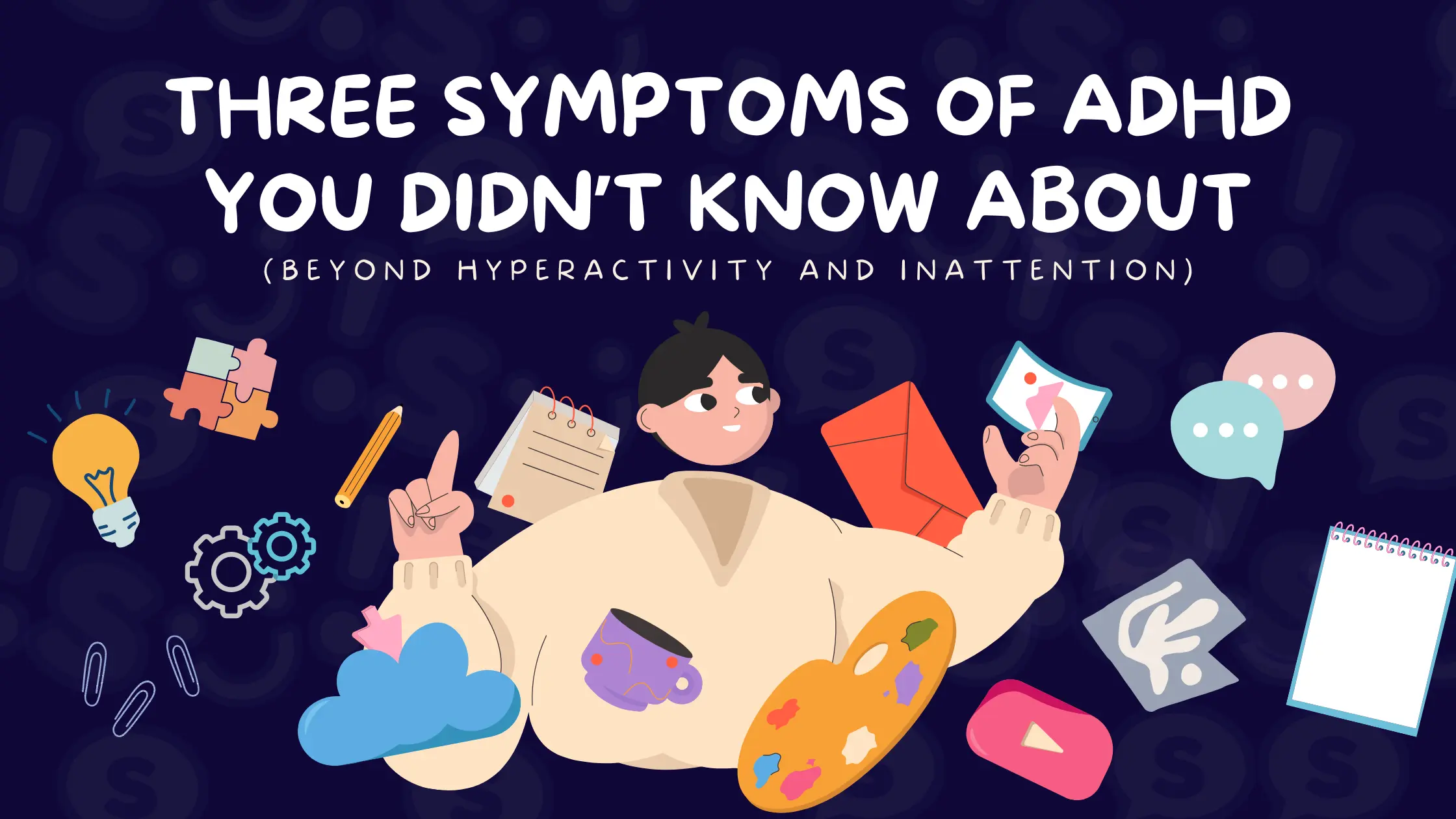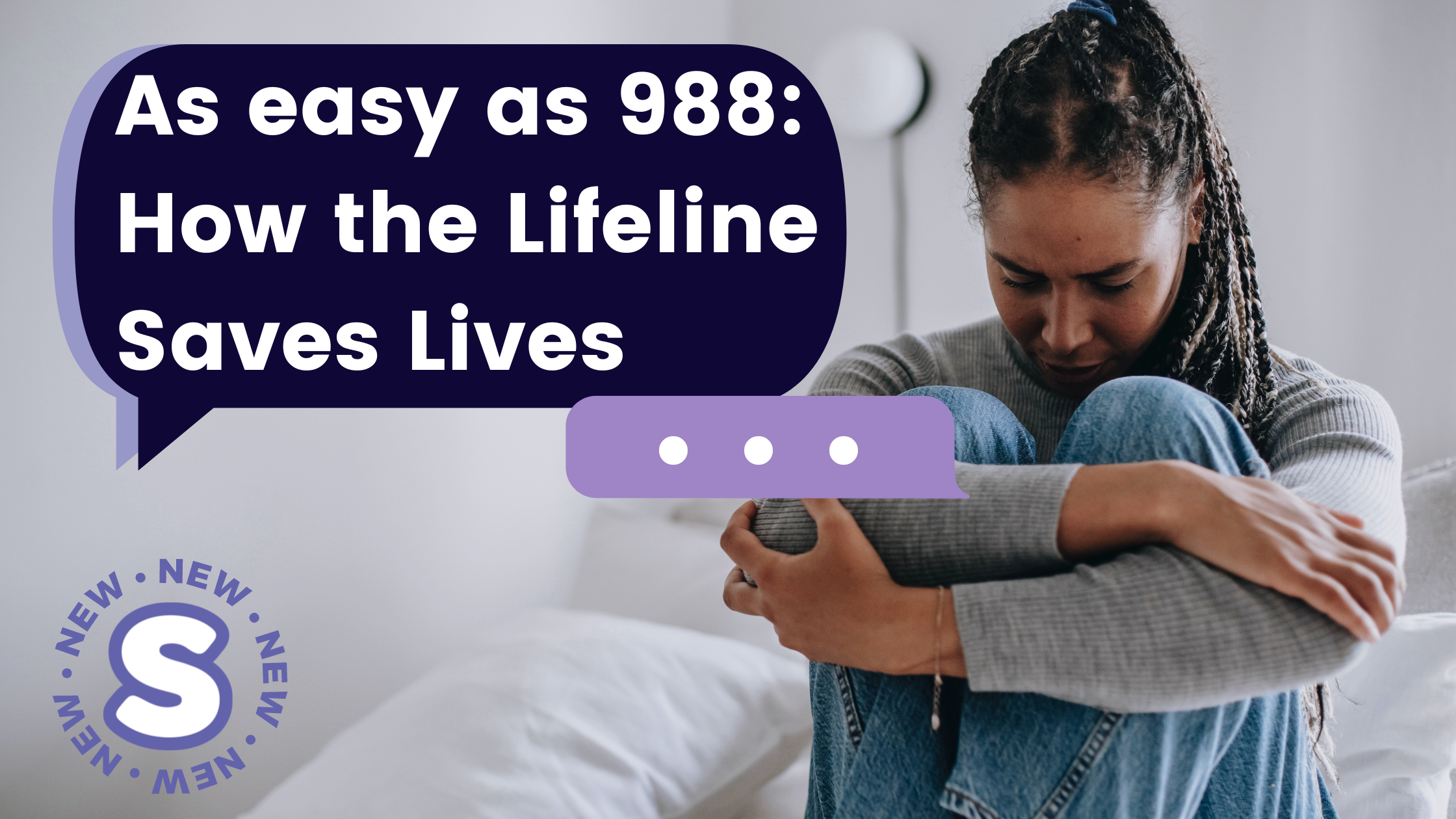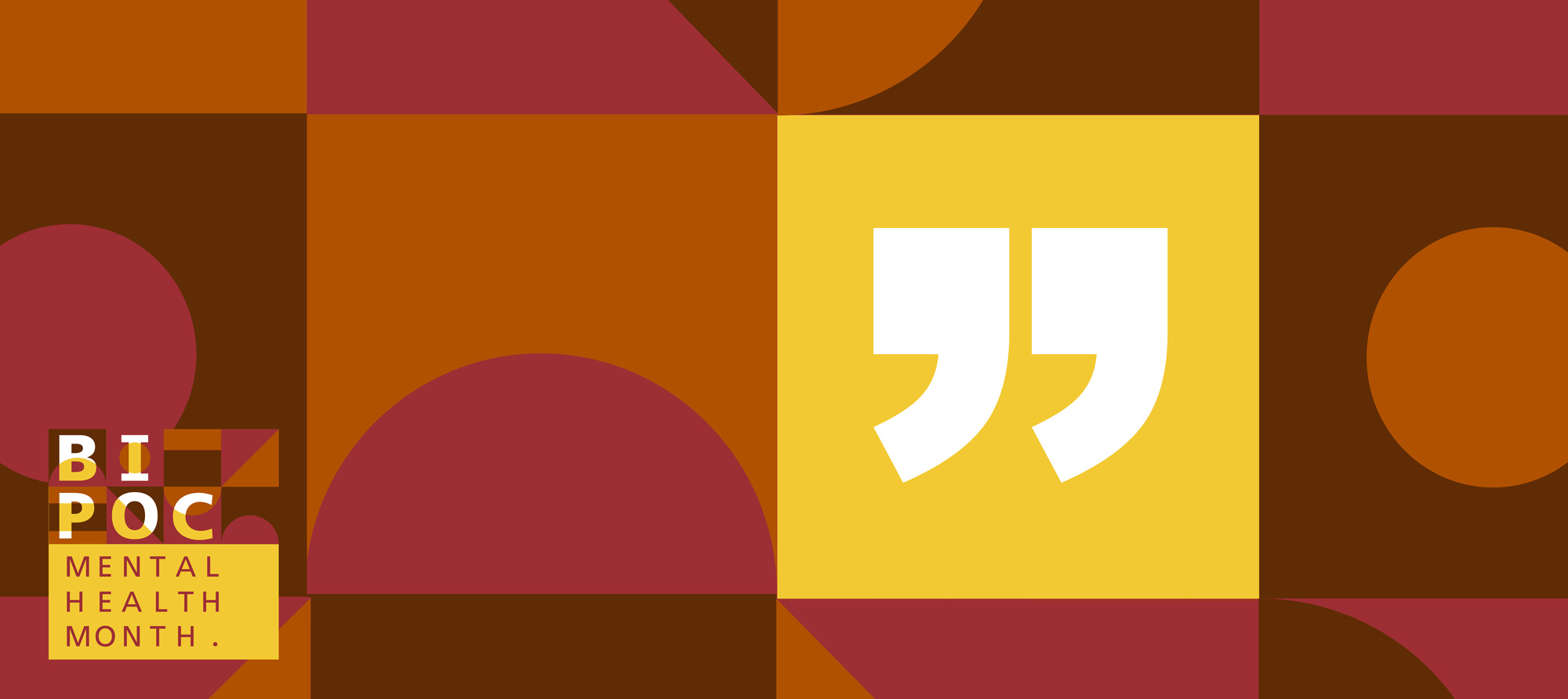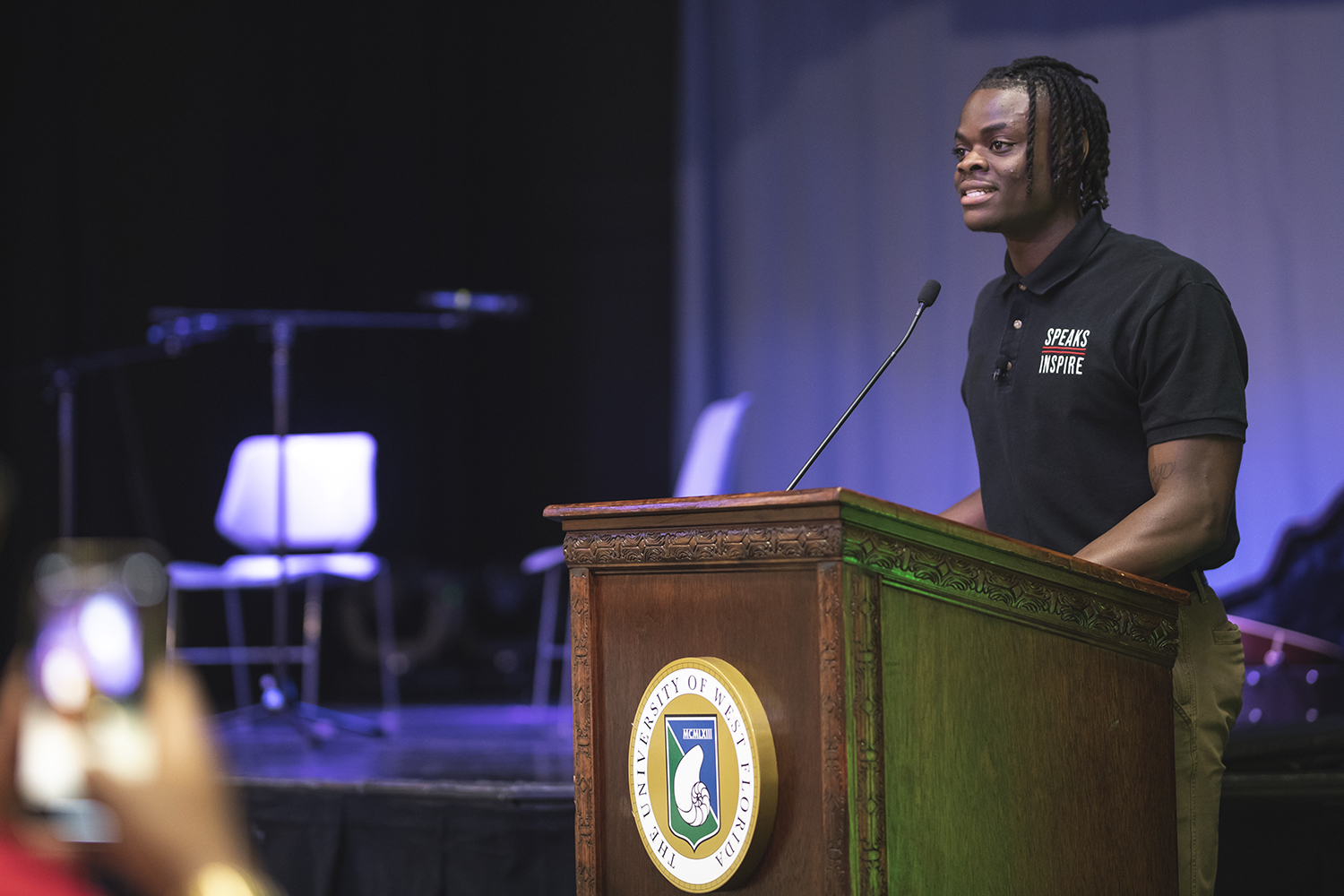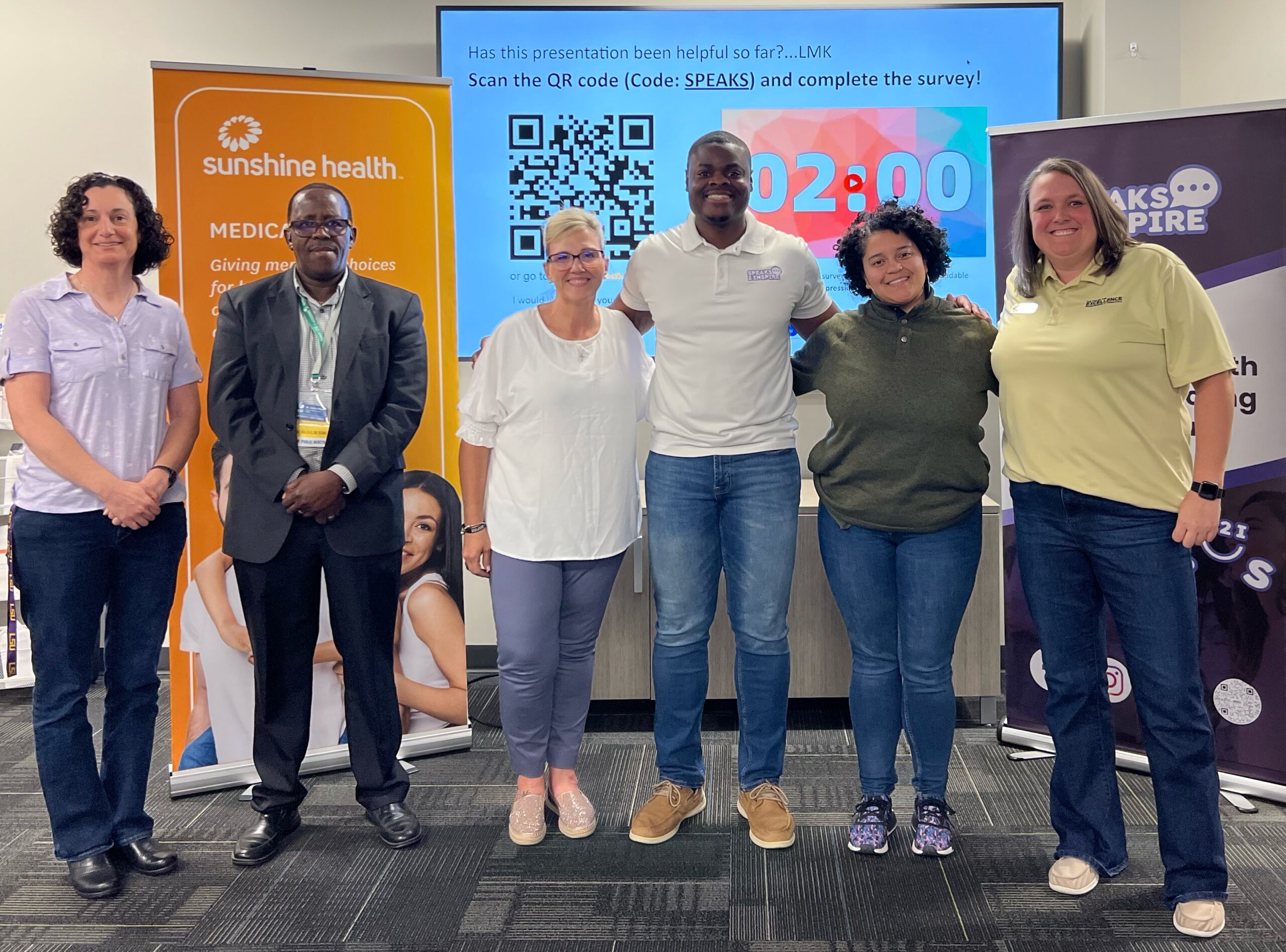
Speaks 2 Inspire Hosts Successful Training Session to Support Youth Mental Health
Interactive and Engaging Session Equips Attendees with Tools and Resources to Address Mental Health Challenges Among Young People
Pensacola, FL – April 8, 2024 – Speaks 2 Inspire is thrilled to announce the success of its recent training session for professionals who work with youth and young adults in Pensacola, FL. Facilitated by Abraham Sculley, founder of Speaks 2 Inspire, the session provided attendees with valuable insights, tools, and resources to support the mental health and well-being of young individuals.
